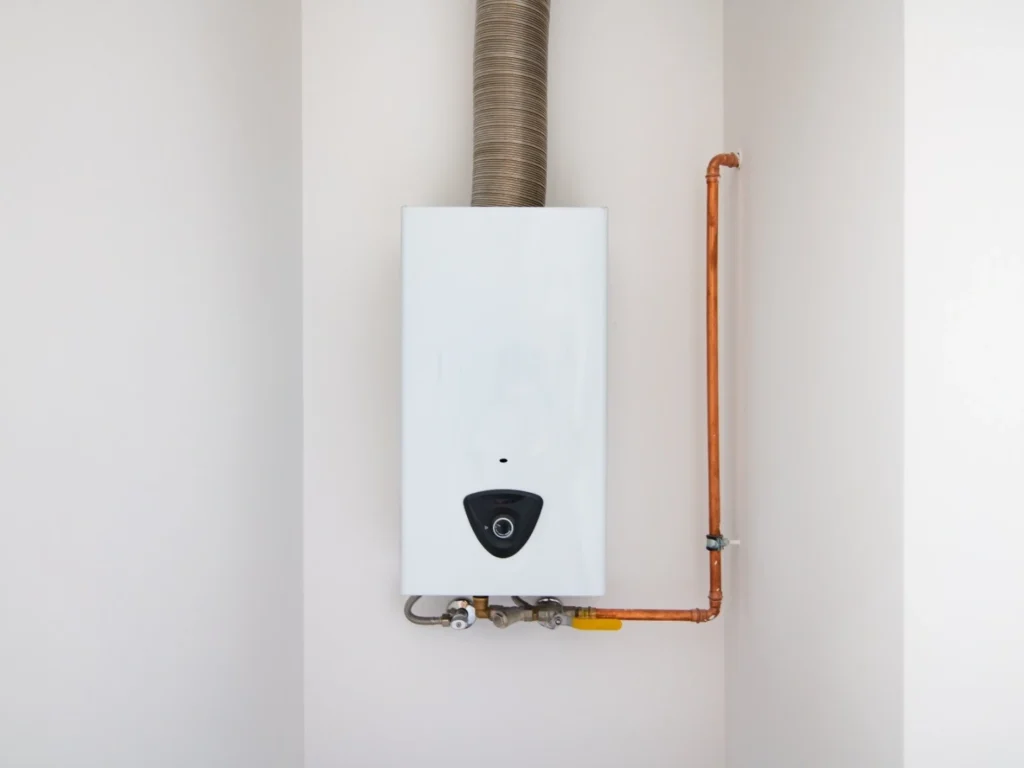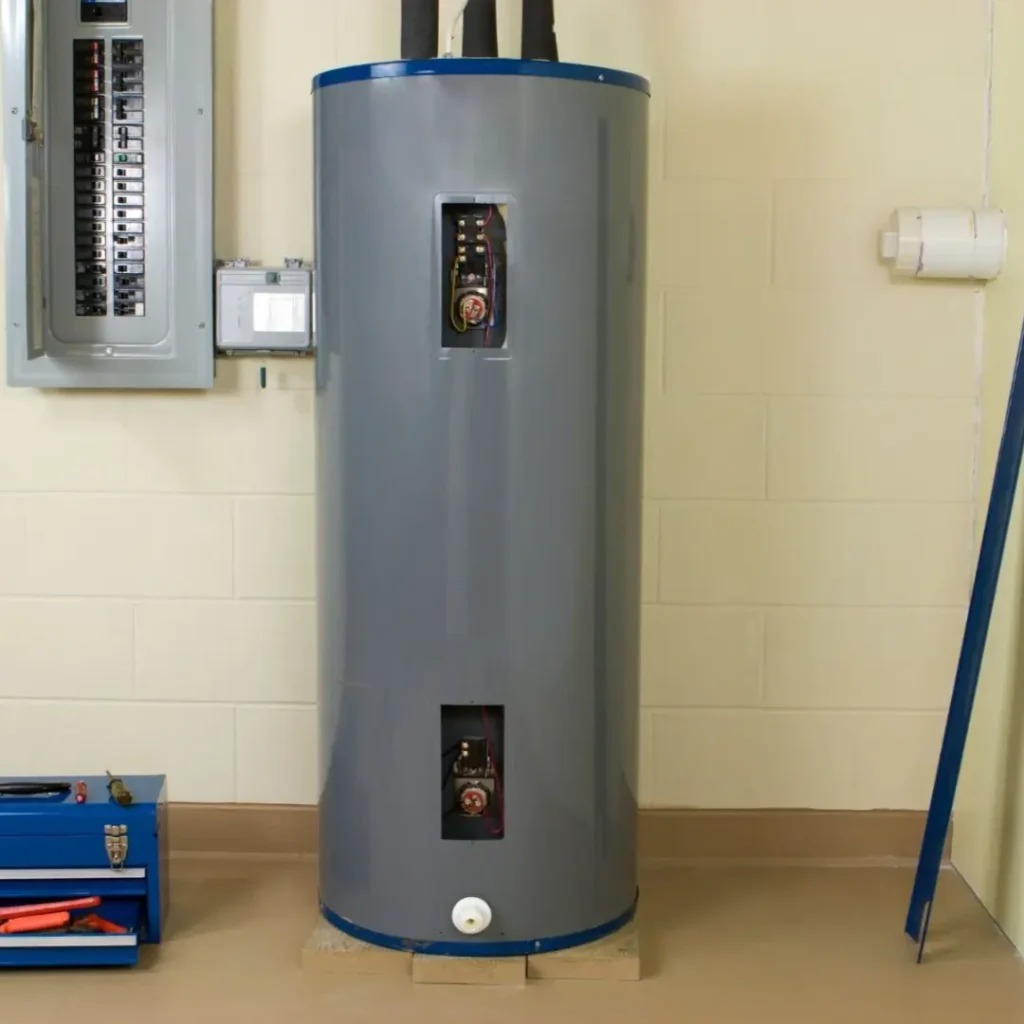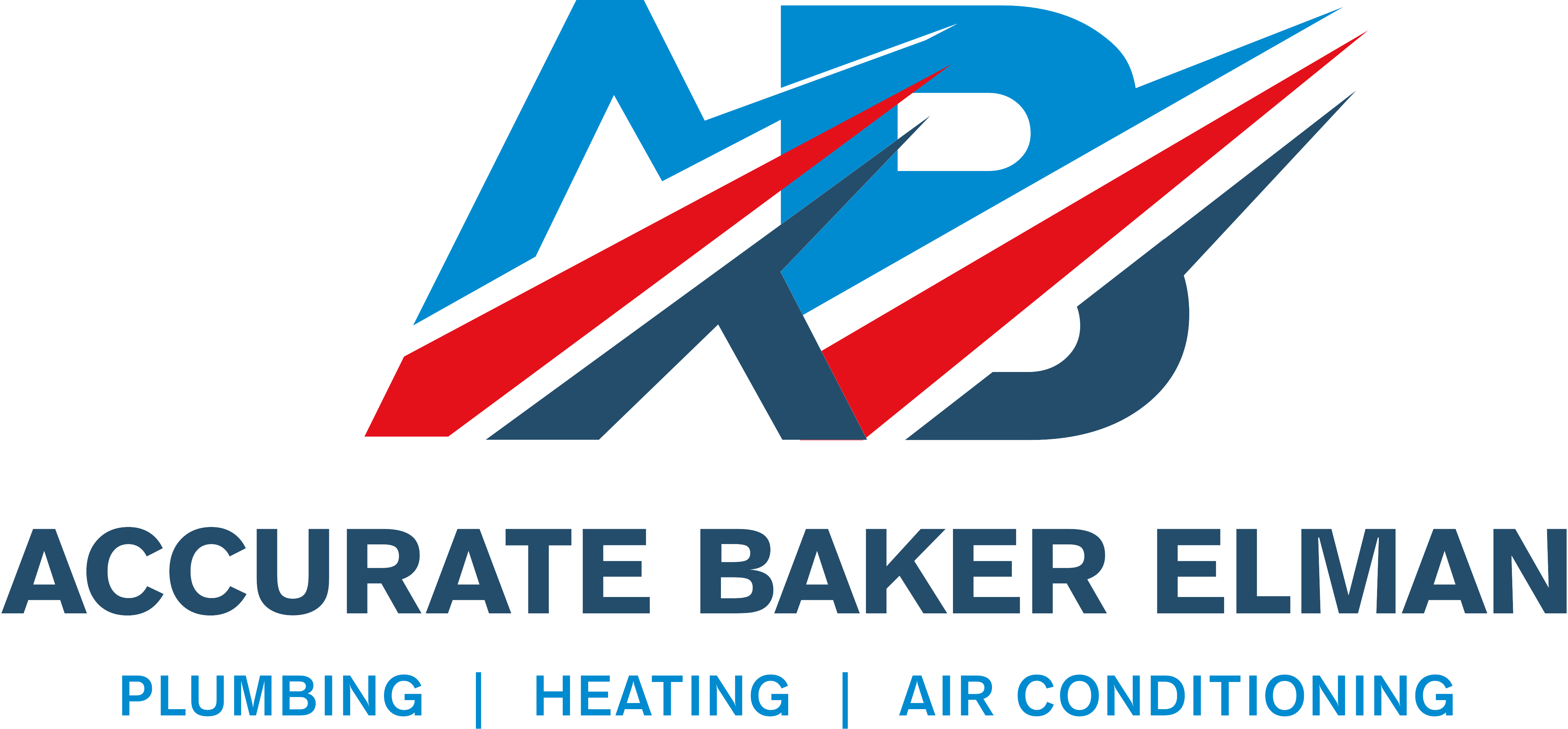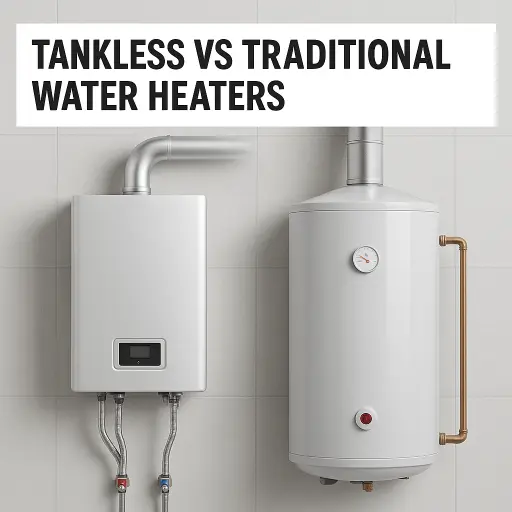When deciding between a tankless and a traditional water heater, most homeowners want to know which one will save them more money. The answer depends on your home’s needs, your energy usage, and your long term plans. Both tankless and traditional water heaters have benefits, but one may be better for your budget.
What is the Difference Between Tankless and Traditional Water Heaters
A traditional water heater uses a large tank to store and heat water all day long. Even if you are not using hot water, it keeps the water hot and ready. A tankless water heater only heats water when you turn on a faucet or shower.
-
Tank systems heat and store 30 to 80 gallons at a time
-
Tankless systems heat water on demand with no storage tank
-
Tank systems are larger and take up more space
-
Tankless models are smaller and can be wall mounted
The main difference is how they heat water. Traditional units keep water hot constantly, while tankless units save energy by heating only when needed.

How Energy Efficiency Compares Between Tankless and Traditional Models
Tankless water heaters are known for their energy efficiency. Since they only heat water when you need it, they don’t waste energy keeping a tank hot. This can lower monthly utility bills over time. Traditional water heaters can use more energy because they run throughout the day, even when you’re not using hot water.
For households that use a lot of hot water, tankless heaters can save money in the long run. If your hot water use is low, the difference in savings may be smaller.

Upfront Installation Costs of Tankless vs Traditional Water Heaters
One of the biggest differences between the two is the upfront cost. A traditional water heater is less expensive to buy and install. Tankless systems usually cost more upfront and may require changes to your plumbing or gas lines.
However, while traditional systems are cheaper at first, tankless units can save more money over time through lower energy bills. Homeowners often consider whether they want short term savings or long term financial benefits.
Lifespan of Tankless vs Traditional Water Heaters
Another important factor is how long each type lasts. A traditional water heater usually lasts 8 to 12 years before needing to be replaced. A tankless water heater can last 20 years or more with proper care.
This longer lifespan means fewer replacements over time, which saves money in the long run. Even though tankless units cost more upfront, their durability often makes them a better long term investment.
Conclusion
When comparing tankless and traditional water heaters, both can save you money in different ways. Traditional models have lower upfront costs, but tankless systems bring long term savings through energy efficiency and longer lifespans. The best choice depends on your home, family size, and budget.
If you’re unsure which system is right for you, call Accurate Baker Elman. Their team can help you choose the best water heater for your home and install it with expert care.

